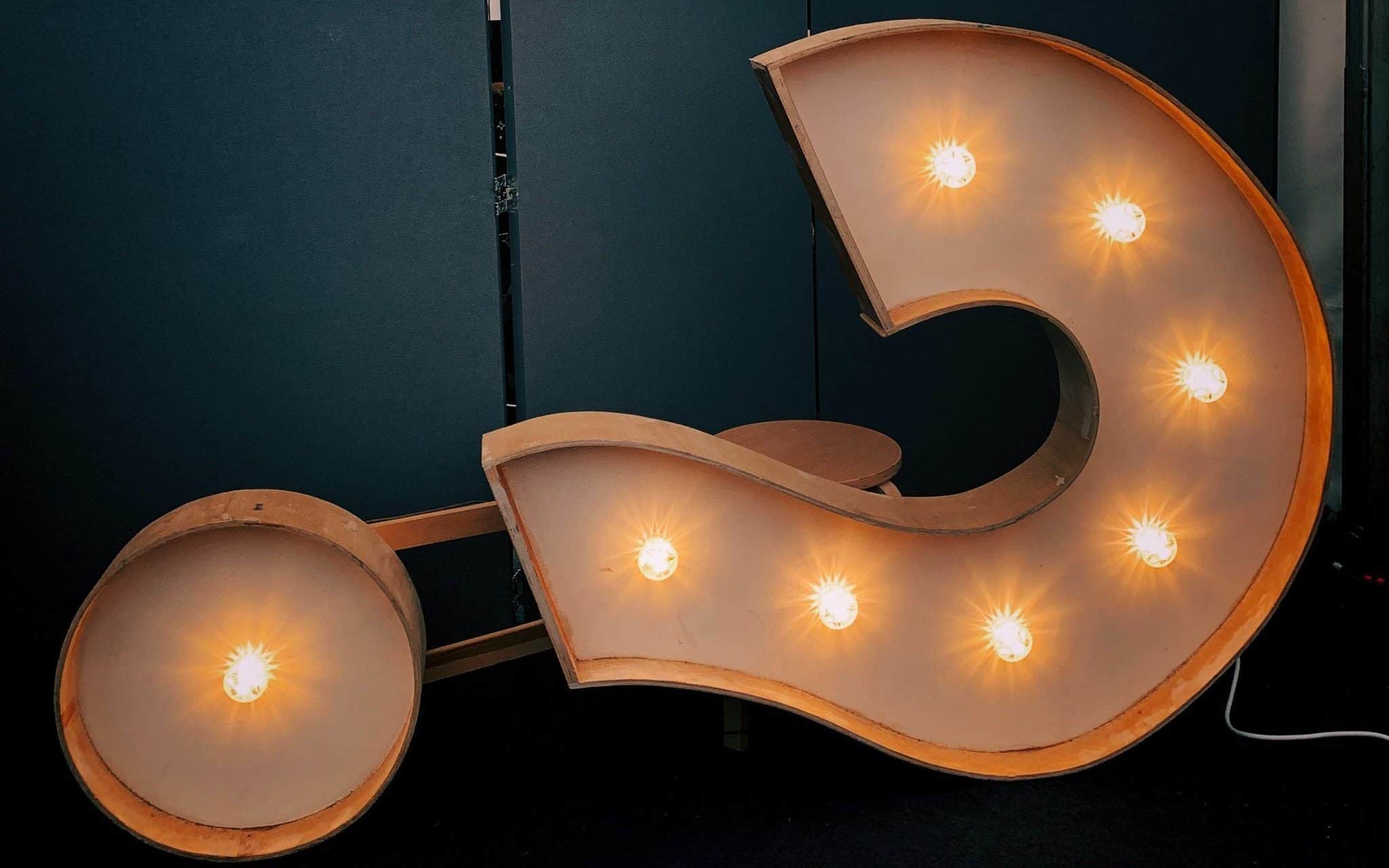Daily Blog - July 16th 2021
The Self-Recording Band Community is awesome and our members ask great questions! We love that and want this platform to be as helpful as possible, so we try to answer them all. Sometimes on the podcast, sometimes directly in the Facebook group, sometimes via email and sometimes here on the blog. Let's do a little Q&A series over a couple of days. Today's question is about saturating the mix bus and using saturation in mastering.

More...
Julia asks: "How do you go about saturating your master project to create distinctive analog compression effect caused by tape machines such as the j37?"
Here's my answer:
I'm very careful with it. And I often don't do it at all. If I do, it's usually pretty subtle. Depends on the song and the mix.
And in mastering I only use saturation it if I can't solve a problem otherwise or if I really think the song would benefit from a certain texture.
Honestly, I think people blow the importance of "analog sound" and saturating the master out of proportion or view it as kind of a magic bullet.
It's easily overused and in that case does more harm than good. Also, it's almost always better to do it intentionally and tastefully in the mix rather than in the mastering. The mix is where you can really push things without limits and create the texture you want.
The mastering is there to serve the mix, maybe glue it together, apply a final polish and make it translate. But again, it's all about being intentional.
If I want the specific type of frequency curve, density and compression that you get from a certain tape emulation applied to the whole song, I'll definitely use it. If I want the saturation style from a transformer, tubes or any other circuitry, I'll use that instead.
Bottom line:
I don't think that all music in general always benefits from "analog" sounding saturation and compression.
And I don't even think there's a distinctive analog sound or a distinctive tape sound. They all sound different and are just tools.
-Benedikt
PS: If you're looking for an amazing community to get feedback from and provide your own expertise for, check out The Self-Recording Band Community. It's 100% free and can be the growth accelerator you've been missing all the time.
PPS: Downloading one of our free guides and joining our email list is also a great way to connect with your peers, as we will invite you to events and keep you in the loop about what's going on in our community. For example, we host amazing video meetups and help people improve their recordings, arrangements and mixes by listening and giving collective feedback live on the call. Join us now!
learn how to transform your DIY recordings from basement demos to Releases That Connect And Resonate With Your Audience
Get the free Ultimate 10-Step guide To Successful DIY-Recording


